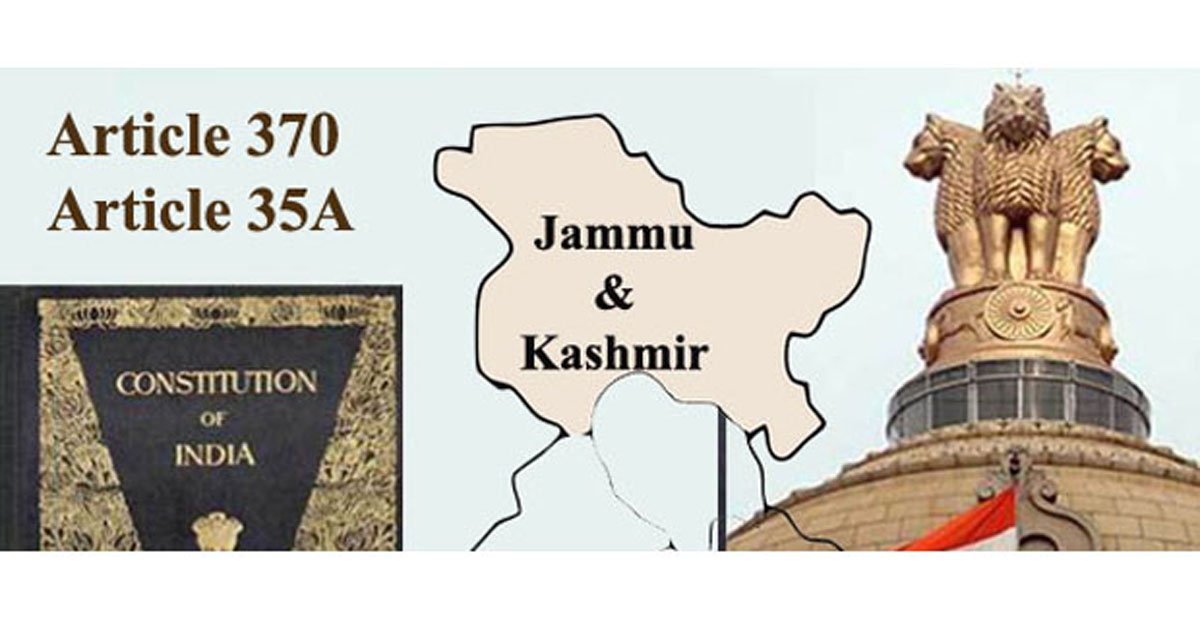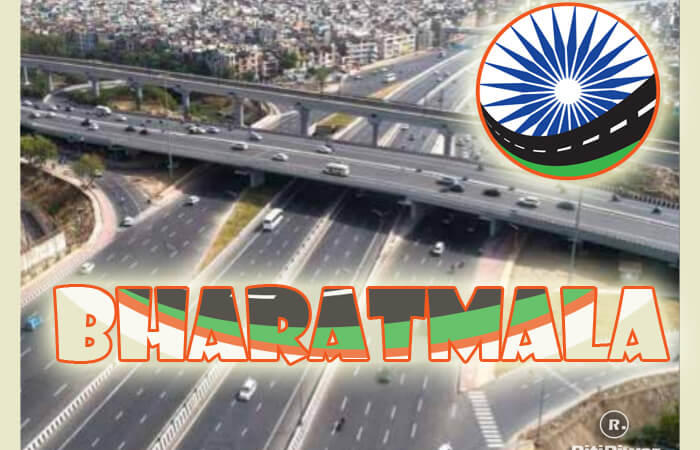What Is Article 35 A And Why It Matter For India

Article 35 A of the Indian Constitution is a legislative provision that allows its assemble to qualify its “permanent residents” of the state and provide special privileges and rights to those permanent residents.
The Constitution (Application to Jammu and Kashmir) Order, 1954 issued by the President of India in May 1954 allows exercising the powers conferred by clause(1) of Article 370 of the Indian Constitution. Article 35 A provides special status to the state in the constitution. The ruler of Jammu and Kashmir in 1927 introduced this rule which prevents any outsiders from owning property or government jobs. Article 370 allows the state its own flag, constitution, and right to handle its own laws.
Those who are permanent residents of the state or are long-term residents who have spent at least 10 years and have “lawfully acquired immovable property in the state” qualify as permanent residents(PR) and the government have the right to issue certificates regarding their permanent residency. If a person is not holding a certificate regarding permanent residents(PR) he can’t own a property in Jammu and Kashmir or obtain any government job in Jammu and Kashmir Government and can not join any professional college run by the government of Jammu and Kashmir.
In 2015 this Article 35 A has been challenged in the Supreme court by an RSS-backed think-tank and issues were pointed out that Article 35 A violates the Constitutional procedures established by law. To make an amendment to the Constitution it has to pass by the Parliament as per procedure laid down in Article 368. but Article 35 A was never presented before the Parliament. Article 35 A is a violation of Article 14, Equality before the Law. The President of India does not have legislative powers and he performed the function of Parliament.
“Article 35(A) of the Constitution of India, which has been applied to the State of Jammu and Kashmir, not only recognizes but clarifies the already existing constitutional and legal position and does not extend something new to the state of Jammu and Kashmir. This article, on its own, does not give anything new to the State of Jammu and Kashmir. Article 14 of the Constitution of India, as has been made applicable to the State of Jammu and Kashmir, thus, gave equal protection of laws to the State subjects/citizens as a class apart.
Similarly, article 19(1)(f) of the Constitution of India, which has been made applicable to the State of Jammu and Kashmir and till date continues to be in force in the State, recognizes the right to own, hold and dispose of property, which right otherwise is inherent in the State subjects/citizens of the State of Jammu and Kashmir, who stand defined in terms of Elans/Orders of His Highness and the Constitution of Jammu and Kashmir.”
The major political parties of Kashmir Valley, NC, and PDP have always been trying to safeguard Article 370 and Article 35 A. In 2017 the Chief Minister of Jammu and Kashmir, Mehbooba Mufti of PDP have commented that repealing Article 370 & Article 35 A will hurt the soul of Kashmir. She had stated that “There will be no bigger anti-national thing than this because when you weaken this uniqueness of Kashmir through the judiciary, then those forces in Kashmir Valley, who want to put an end to the composite culture in Kashmir Valley and want to have people from one community (Muslims) only, with one attire and one way of life, you will only make them successful.”
Also Read: Government Decides To Repeal Article 35 A and 370 From Jammu And Kashmir
While BJP has always argued against the special status for Kashmir and has recently said that “constitutionally vulnerable” because it had “entered the constitution through the back door“. The political parties of Jammu and Kashmir are warning about the consequences of any attempt to tinker with Article 370 and Article 35 A of the Constitution or trifurcating the state.
Also Read: 10 Major points In Reorganizing Jammu and Kashmir






